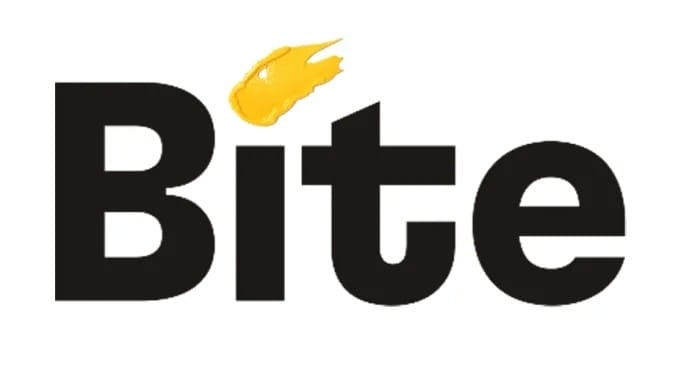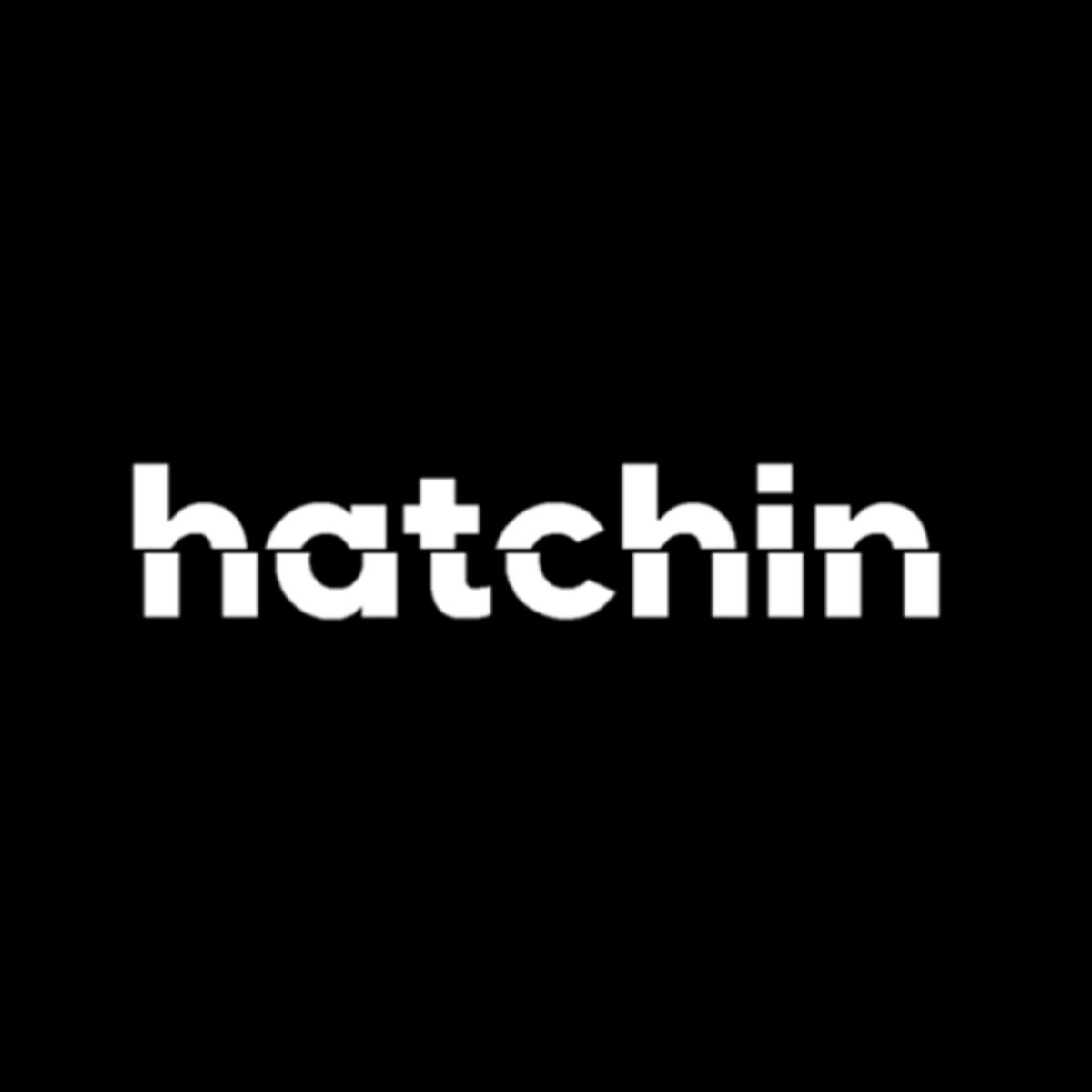📺 Streaming TV takes lessons from the past
🎮 Call of Duty maker launches new Gaming studio
🕺 YouTube CEO wants creators recognised with awards
🍔 Gordon Ramsay’s new digital brand
🎶 Drake removes copyright to new tracks
The French writer Jean-Baptiste Alphonse Karr famously said “plus ça change, plus c'est la même chose” or “the more things change, the more they stay the same”.
A fitting quote to dig out this week when you look at what’s happening to TV.
The big streamers are increasingly looking like the big old media companies they trumped: live events, scheduled programming, bundling other content, creating long-running, cost effective formats, and incorporating advertising.
What all this means is…this industry is incredibly predictable in all areas but one.
The distribution mechanics, the commercials, the platform approaches etc are cyclical. The unknown is the IP: what IP cuts through, what IP drives global trends, and what IP ultimately wins is all to play for - and the real value driver.
Which is where the creator economy then intersects with gaming and TV - because thats where some of that next generation IP is being born.
Vamos 👍

TV goes back to the future
The streaming upfronts and recent announcements have generated a wave of commentary about how the sexy streaming businesses are beginning to resemble their older, wrinkled-up linear ancestors.
Here are a few cases in point:
1) The return of advertising (first Netflix, then Amazon, now Disney+),
2) Bundled packages (eg. Discovery bundling Disney+, Hulu and Max; Comcast bundling Peacock, Netflix and Apple TV+), and
3) Programming formats - live events, long running series, etc
Basically, after billions of dollars in funding, the new business models are finding out the old business models had some merit in them.
Read more here
Activision launches new gaming studio
The mission is to “to explore and collaborate creatively to craft a franchise with an enduring legacy that resonates far beyond games.”
This is all about creating new IP that can pop across all the big media verticals.
Activision knows a thing or two about this. They created Call of Duty - the #1 gaming franchise every year since 2009 - and this has helped them grow to a global player and multi-billion $ acquisition by Microsoft.
We also saw this week how valuable CoD could be to Microsoft - as they’ve announced plans to roll it into their Game Pass. Subscription gaming is on the rise, and the inclusion of CoD means (1) players can now pay £13 a month rather than £70 to buy it, (2) the Microsoft pass becomes significantly more attractive.
Although rumours are already swirling that the Game Pass will now have a more expensive tier to access CoD.
Read more here
YouTube looks to the red carpet
Firstly, worth acknowledging that there is a lot of self-interest in this: YouTube currently accounts for 10% of TV watch time in the US and they want to get more recognition from the TV world.
But equally, there is a point here. YouTube was and is a jumping off point for talent to go mainstream - think Ed Sheeran and Bieber in the music world, or Lilly Singh in the TV world.
But what happens now YouTube is the mainstream? If creators don’t need to move to TV networks and music labels? And if audiences are spending a significant amount of their entertainment time on the platform?
Then perhaps the content deserves mainstream recognition within the mainstream awards...
Read more here
Fox pairs up with Ramsay for new digital brand
The new venture - Bite - will include original digital content, live events, consumer products and other food-based offerings.
Kudos to Fox. Unclear if they have equity interest or just commercial rights to the inventory and sponsorship opportunities. Either way the ingredients are all here for how to create new IP: talent + digital channels + live events + consumer products.
Expect to see more old media building new media like this

Read more here
Drake and Kendrick Lamar waive copyright on tracks
The attention economy relies increasingly on tapping into influencers and creators to generate viral moments. Watchalongs and memes created off the back of these moments can be important viral loops.
But often these creators can fall foul of copyright laws.
So when Drake and Kendrick Lamar agreed to waive these rights to their recent tracks, the response from various creators was very positive - after all, they can make a lot of money if their cut downs go big on social, and now that money is legit. And whats more, it gets more attention for Drake and Lamar.
So it makes a lot of sense.
The question is whether more artists (and the labels) will follow suit in the interest of gaining attention…?

Read more here

